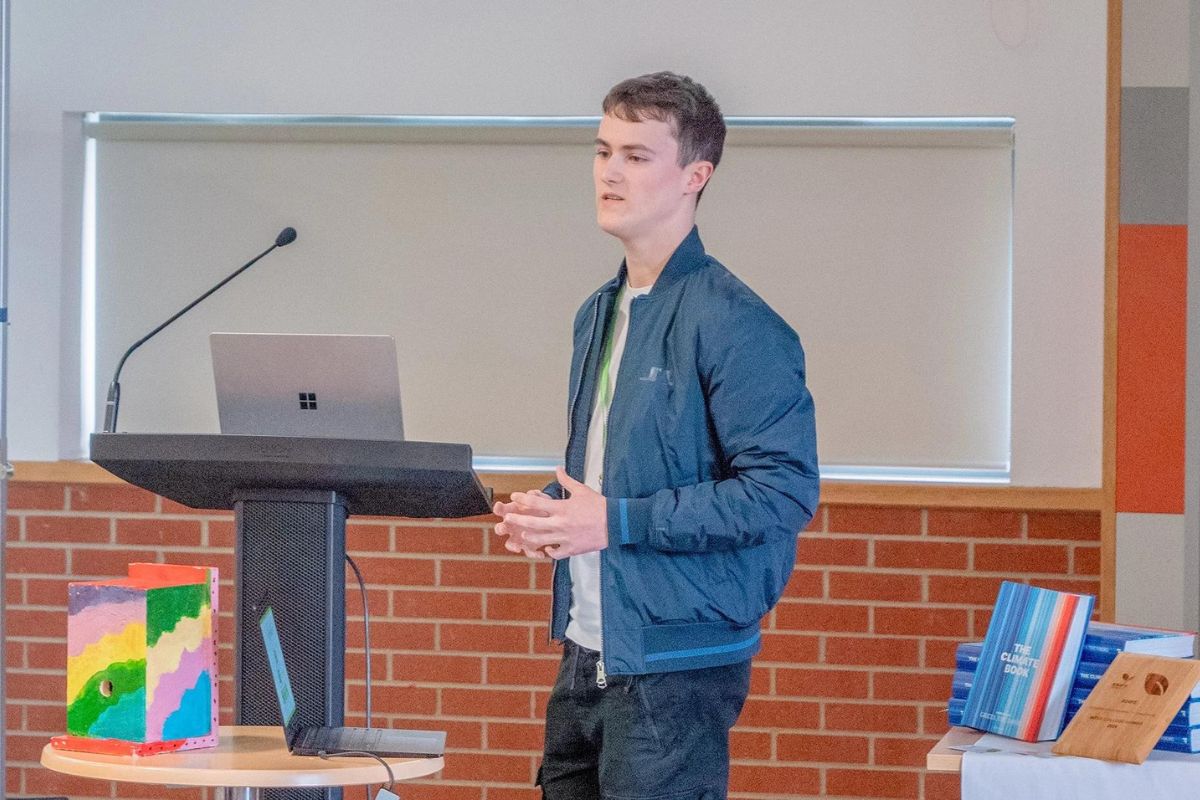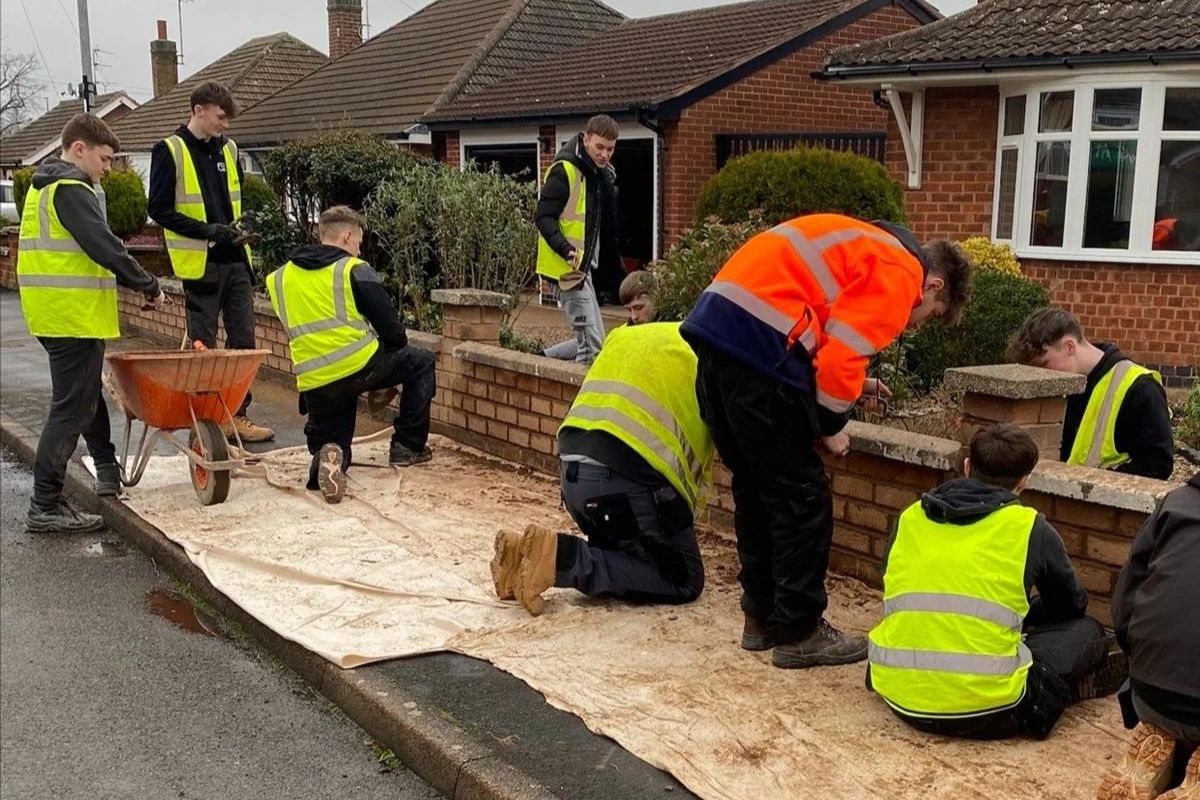Top 5 Tips to help students become more resilient

As more COVID-19 restrictions are lifted, Hugh Viney, Chief Executive of online independent school Minerva’s Virtual Academy looks at the impact the pandemic has had on students – and what we can do to help them cope.
Now that COVID-19 ‘plan B’ restrictions have been lifted, there is a feeling that we are getting back to some sort of normality.
There is no doubt that the last couple of years have been hard. But however tough it has been for us, our students have had it tougher – separated from their friends and family, education disrupted and being asked to play catch-up, uncertainty about what the future holds.
Young people today need to be more resilient than ever. But resilience isn’t something you just come by, it is something that needs to be learned.
So how can you help your students become more resilient?
Here are my top 5 tips:
- Learn self-sufficiency.
This is one of the key skills we champion at Minerva’s Virtual Academy. Self-sufficiency isn’t about doing things alone, it is about things like learning self-care, whether that be making time to eat properly, exercise or get enough sleep. It’s about learning to have a positive self-view and not always comparing your achievements to your peers and it’s about self-discovery. We all face tough times, but talking about what you have learned from that experience can help build self-sufficiency. - Stay connected.
The hardest aspect of the pandemic for many of us – especially our children – has been the separation from loved ones, whether that is friends or family. It is important that we teach children the importance of engaging and connecting with their peers, including the skills of empathy and listening to others. Collaboration is another skill we foster at Minerva, and it has never been more important. - Set goals and work towards them.
Big tasks or big changes can feel daunting. By breaking them down into tasks, children are better able to tackle what’s before them and this can build up the resilience they need to solve problems in the future. - Develop critical thinking.
Teaching children to think about a subject and question what they are being told is not only vital to their development, it is a key to resilience. Critical thinking can, for example, help children recognise ‘fake news’ which may be a source of anxiety. Helping children not to accept all they are being told will serve them well throughout their lives. - Take a break.
Mindfulness is often dismissed as ‘fluffy’ or a sign that we are breeding a generation of ‘snowflakes’, a term which I despise. We need to teach our children to focus on the things they can control or change and be aware of, and help them through, the things that they are being exposed to which may cause them concern, whether that is on the news, online or from things they overhear. Creativity is crucial to mindfulness and is something we champion at Minerva.












Responses